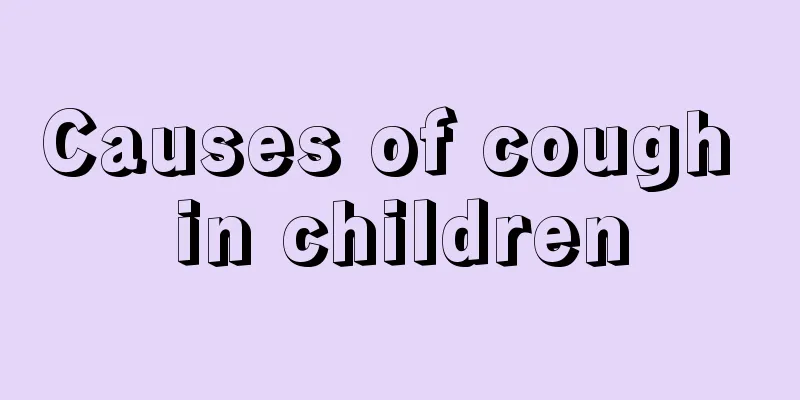How does tooth decay form?

|
As children grow, their teeth continue to grow. Moreover, most children love sweets, which also provides opportunities for the growth of tooth decay. However, in addition to children, the general population also suffers from dental caries, but the incidence rate of each tooth is different. Therefore, in our daily life, we should pay attention to brushing our teeth after eating, which is also helpful for our dental health. Due to the characteristics of different tooth anatomical morphology and growth sites, the incidence of caries in different teeth varies. Most people don’t know much about tooth decay, and it will be very troublesome if it is not dealt with early. Let us now understand how dental caries form. According to the type of caries lesions, they can be divided into 1. Chronic caries lasts for a long time, and the carious tissue is hard, dry and darkly stained. 2. Acute caries has a short course but progresses rapidly. The carious tissue is soft, moist and lightly stained. 3. Static caries: The caries cavity is shallow and disc-shaped. The caries progresses very slowly or statically, and the cavity often exposes the hard, smooth and pigmented dentin layer. 4. Secondary caries occurs at the edges of fillings or restorations. Caries is caused by sugary foods (especially sucrose) entering the mouth, where they are fermented by cariogenic bacteria in the dental plaque to produce acid. These acids invade through weak areas of the dental surface structure, dissolving and destroying inorganic matter in the teeth. The following important conditions must be met in this process: ① cariogenic bacteria; ② The material basis for bacteria to carry out metabolic activities and form dental plaque - sugars; ③ The ecological environment for bacterial metabolism and pathogenicity on the tooth surface - dental plaque. Dental plaque allows the acid produced by bacterial fermentation of sugar to reach a certain concentration on the tooth surface (below the critical pH); ④Susceptible teeth. Therefore, based on what has been said above, we have some understanding of dental caries. If you find tooth decay, you must seek treatment. The longer it lasts, the more harmful it is to our body. After all, teeth are an indispensable dietary tool for us. So in our daily life, we must take care of our teeth. |
Recommend
What to do if a 7-year-old child has a picky eater
Children's picky eating habits are a headache...
Can children climb mountains?
Hiking is a great outdoor activity for adults, bu...
The normal height of a baby and the factors that affect the baby's height
When babies are young, they are in the period of ...
Does pediatric massage work for cough?
It is common for children to catch colds, especia...
What should I do if my baby's butthole is red?
Some babies have health problems, so they need to...
What causes headache and fever in children?
In a family, children are the focus of the entire...
What are the recipes for cooking for babies?
With the improvement of material life, some paren...
How to deal with children's teeth falling out effectively
It is normal for children to lose their teeth. Ne...
2 year old baby nutritional porridge
Parents should all know that the gastrointestinal...
What should I do if my child cries when feeding?
The mother of a newborn is not very familiar with...
What are the dietary remedies for babies' sneezing and runny nose?
What are the dietary remedies for babies' sne...
How to deal with facial abrasions in children
If a child has a serious facial abrasion, he or s...
How to prolong the life of children with cerebral palsy
It is really a very hard thing for a woman to be ...
What should children with pneumonia eat?
Pneumonia can be said to be a common disease in h...
What should children eat if they are zinc deficient?
There are many trace elements in human body, whic...









